EDU546 │ Elective Subject │ 10 credit points
Overview
This subject involves critically investigating the notion of diversity and inclusion in educational contexts, and exploring the moral, legal, and professional imperatives for equity. Building on themes and principles from the core subjects, this subject involves exploring how the biblical narrative serves as the context and as motivation for equity and inclusion in Christian education. Acknowledging that inclusive school communities are responsive to the educational needs of all students, including those with exceptional abilities and students who may be marginalised through ethnicity, refugee status, or emotional/behavioural difficulties, this subject involves a focus on learning and teaching practices for students with disability.
Prerequisites
EDU400/400a Biblical Foundations of Education and EDU501/501a Worldviews and Educational Practice
Teaching methods
| TYPE | HOURS PER WEEK | NUMBER OF WEEKS | TOTAL (NUMBER OF HOURS) |
| Online Semester Directed online learning and independent learning | 10 | 13 | 130 |
| Total | 130 |
Learning outcomes
Student who successfully complete this subject will be able to:
- Demonstrate specialised knowledge of diversity and inclusion in educational contexts.
- Critically investigate and evaluate the implications of current legislation, policy, literature, and trends in the area of inclusive education.
- Communicate a biblically-informed posture that provides context and motivation for equity and inclusion in Christian education.
- Review an educational practice, intervention, or framework relevant to the education of a student with disability.
- Critically reflect on and justify whole school adjustments and classroom-based strategies to promote access, participation, and achievement of a student with disability.
Assessment
| TYPE | WEIGHTING |
| Critical Reflective Pieces | 20% |
| Literature Review | 30% |
| Learning Plan | 50% |
Subject content
- Diversity, exceptionality and the notion of an inclusive learning community: Biblical perspectives
- Equity and excellence: Implications of legislation and professional standards for teachers
- Collaboration and partnerships: Creating inclusive school communities
- Inclusive practices: Universal design for learning and curriculum differentiation
- On the same basis: Personalised learning for students with disability
- Evidence-informed practice: Conducting a literature review
- Social inclusion: Resilience and emotional well-being
- Unit summary, reflection and future planning
Prescribed text and reading materials
Strnadova I., Foreman, P., & Arthur-Kelly, M. (Eds.). (2021). Inclusion in action (6th ed.). Cengage.
A list of reading materials will be available in the Subject Outline on eLearning Portal.
